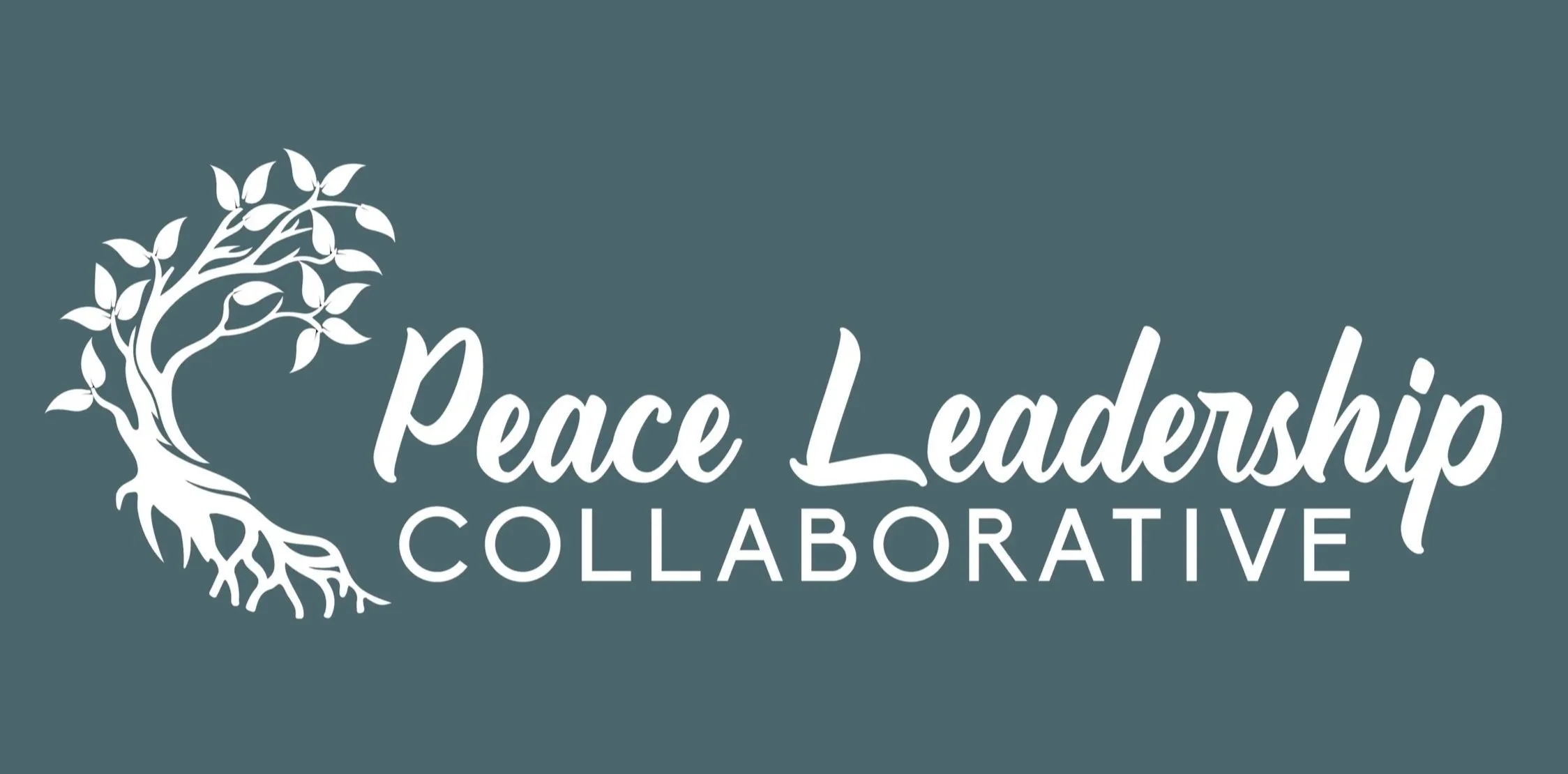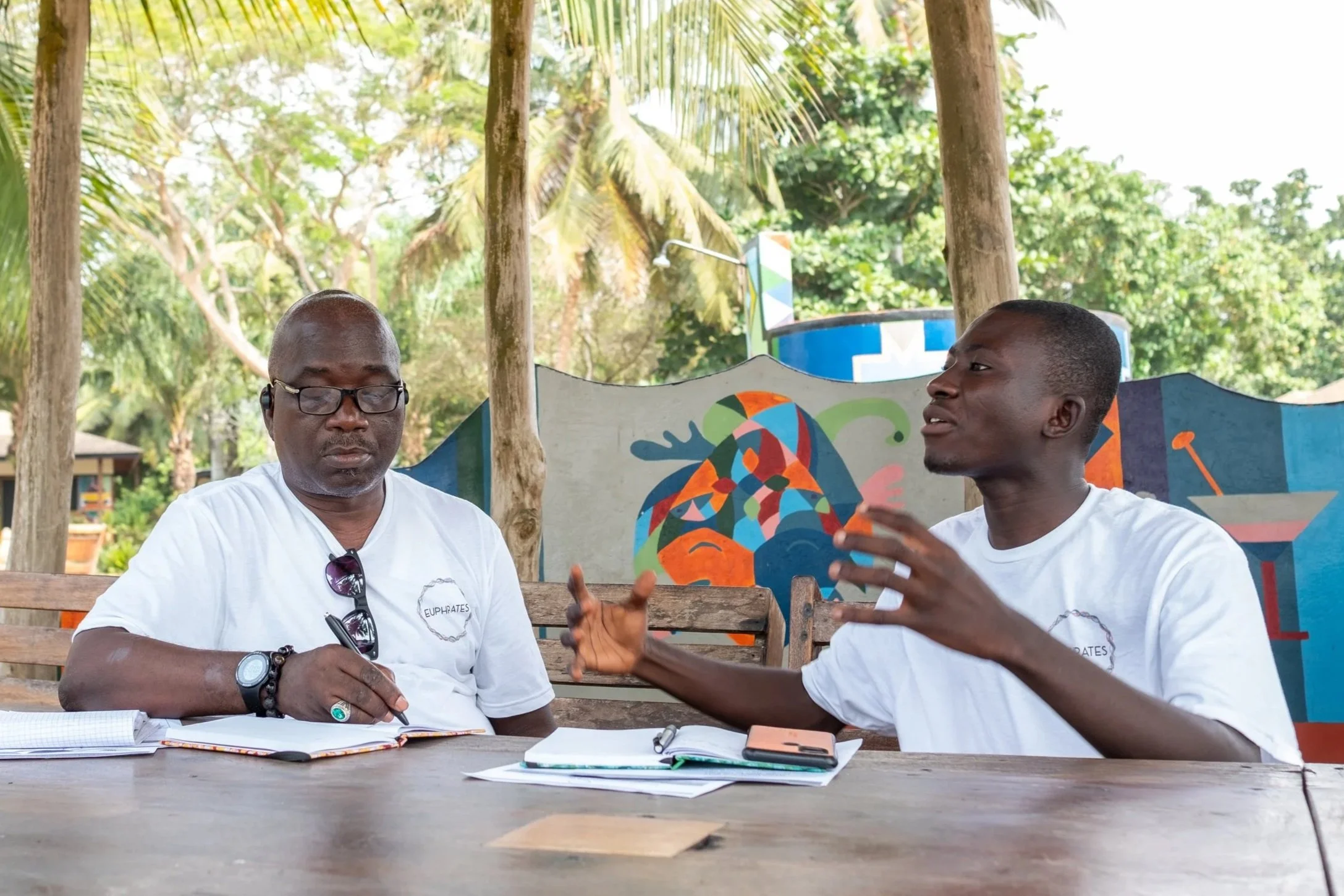Written By Aleen Bayard, PhD
Introduction: Beyond Knowledge Transfer
For many young activists, the greatest challenge is not finding the courage to begin but the stamina to continue. Peace work can be deeply taxing, and the cumulative stress of sustained activism often rivals external barriers in its impact on well-being. Research on youth activism confirms that the emotional costs of long-term engagement, including exposure to injustice, resource scarcity, and internal tensions within movements, are significantly correlated with negative mental and physical health outcomes (Gorski & Chen, 2015). Activists in high-risk or repressive contexts frequently experience what scholars call emotional attrition—a gradual erosion of energy and empathy caused by chronic exposure to adversity (Peña, Meier, & Nah, 2023). These findings help explain why mentoring has become somewhat of a lifeline within the peacebuilding community—an intentional practice that reinforces purpose, restores stamina, and transforms isolation into solidarity.
Today’s peacebuilders are redefining the practice of mentoring, which once implied passing down wisdom from an elder to an apprentice, to be less about instruction and more about presence. It is through supporting activists to build support structures, rather than transferring a how-to-manual, that mentors help activists persist, recalibrate, and remain rooted in purpose.
Two organizations—Seeds of Peace and Euphrates Institute—demonstrate how mentoring, reframed as accompaniment, can anchor a rising generation of peacebuilders in resilience and solidarity. Their stories point to what a new generation of peace might look like: not hierarchical or transactional, but relational and sustaining.
Seeds of Peace: Mentoring for Persistence
Seeds of Peace is an international organization that equips young leaders and educators from regions of conflict with the skills, relationships, and moral courage needed to transform division into dialogue and build more just and peaceful societies. Their GATHER Fellowship nurtures a network of committed changemakers who leverage their unique experiences and collective strength to challenge systems that perpetuate conflict. Through tailored coaching, peer-led workshops, and collaborative “pods,” GATHER helps Fellows refine their ideas, grow personally, and expand the reach of their projects. While the formal Fellowship program spans several months, alumni continue to benefit from ongoing access to the wider Seeds of Peace and GATHER community and resources.
GATHER Fellows, Middle East, 2022 | Photo credit: Seeds of Peace
One of its facilitators, Ashraf Ghandour, works primarily with Fellows in the Middle East, a region that poses particular challenges for peace activists. When Ghandour reflects on mentoring, he begins not with outputs but with endurance. “You want the activist to persist” he says, “Whatever the activism, you want the activist to persist—and that means helping them work with the self, because burnout is not about losing the cause—it’s about losing the energy to keep going.” The Gather Fellowship, which Ghandour helps lead, supports young social change agents—often in their twenties and thirties—who are tackling issues from education to renewable energy.
Mentoring is integral to the work, and Seeds of Peace has developed a uniquely contextual approach to how its mentors engage. Rather than measuring success by immediate project results, the fellowship frames mentoring as a mirror. Mentors reflect back three critical dimensions:
The activist’s self – their health, sustainability, and resilience in the face of fatigue.
Their relationship to the project – when to adapt, delegate, or let go.
The project’s relationship to the community – whether it is serving collective needs or remaining insular.
This model pushes against the common assumption that mentoring should provide answers. Instead, it thrives on tension: mentors intentionally push Fellows to question their perspectives and assumptions. Ghandour describes growth arising when a mentee confronts perspectives that challenge their assumptions. “You’re looking for someone to say, ‘I don’t think you understand what I’m trying to do,’” he explains. “Because that’s where the growth is.”
Ghandour presenting at a GATHER Fellowship event | Photo credit: Seeds of Peace
Cross-generational mentoring is also integral to the GATHER approach. Older mentors help younger fellows navigate what Ghandour calls “the big rooms”—places of institutional power that younger activists rarely access. But humility is essential. As he explains, “You have to trust their gauge of safety,” Ghandour says. “They have it. You don’t.” Suggestions that might work in one cultural context could imperil an activist’s credibility—or even their security—in another.
Seeds of Peace reframes mentoring not as a map but as a pause: a moment to recalibrate, question assumptions, and find the endurance to persist through the inevitable cycles of activism.
Euphrates Institute: Accompaniment as Peace Practice
If Seeds of Peace emphasizes persistence, Euphrates highlights presence. Its Peace Practice Alliance (PPA) cultivates a model of mentoring rooted in accompaniment. Program Director Krista Acosta-Edzie describes it as “practicing personal peace alongside others who may be at varying levels… and that relational piece—that is a big piece of our approach.”
The PPA brings together participants from diverse contexts, professions, and age groups for a six-month peace leadership program which aims to equip and connect peacebuilders. Rather than assigning fixed roles of mentor and mentee, the program creates a web of listening pairs, peer-led dialogues, and community conversations. Alumni frequently return to support new cohorts, flattening hierarchies and modeling continuity of leadership.
Acosta-Edzie emphasizes that accompaniment is less about tools and more about solidarity. “It’s not about giving solutions, but working with individuals to identify what is their solution and what is their context that they’re working in.”
For participants, this often becomes a lifeline against isolation. One Palestinian member, whose family is directly impacted by violence in Gaza, continues to join calls despite the chaos at home. She has described the PPA as a source of comfort: not because it solves her problems, but because it reminds her she is not alone.
PPA alumni at the Euphrates West Africa Forum | Photo credit: Jean Bizimana, Biziphotos
By grounding mentoring in solidarity and care, Euphrates helps peacebuilders find renewal in community, as well as build practical skills, and they address two of the most pressing threats to peace activism: burnout and loneliness.
Mentoring as Relational Leadership
Across both Seeds of Peace and Euphrates, a pattern emerges: mentoring for the next generation is less about passing on knowledge than about cultivating resilience and belonging. It is:
Reciprocal – mentors also learn, often recalibrating their assumptions.
Contextual – advice must be filtered through cultural and political realities.
Relational – growth comes from listening, mirroring, and solidarity, not instruction.
Both organizations recognize that peacebuilding cannot be sustained by strategy alone—it requires spaces where individuals feel safe to reflect, question, and be renewed. They also share an understanding that mentoring strengthens not only the individual, but the wider movement.
Toward a New Generation of Peace
The next generation of peacebuilders faces daunting challenges: entrenched conflicts, digital disinformation, climate disruption, and resurging authoritarianism. Seeds of Peace and Euphrates demonstrate that mentoring, reframed as accompaniment, offers a pathway forward.
Seeds of Peace focuses on sustaining activists and strengthening their resiliency in doing their work by helping them navigate fatigue and stay faithful to their vision. Euphrates fosters solidarity through community, showing that even amidst violence and despair, showing up for one another is itself a peace practice.
“Together, they point toward a reimagined mentoring ethos: not transactional, but transformational. Not a legacy project, but a living practice of radical hope.”
As one Euphrates participant reflected, “It’s not a program—you walk out transformed, feeling you have sincere friendships.”
For peace to endure in the twenty-first century, it must be threaded through such relationships—woven by a generation that refuses to accept burnout, isolation, or despair as the cost of activism. Mentoring, in this reimagined form, does more than sustain individuals—it sustains peace itself.
To learn more, look for Dr. Aleen Bayard's chapter, “Passing the Torch: Mentoring the Next Generation of Activist Leaders,” available in the book Bridging Generations: Transformative Intergenerational Leadership and Followership, co-edited by Drs. Karen Perham-Lippman and Ada T. Cenkci and published in collaboration with Emerald Publishing, available in 2026.
Issue 03 | Reimagining a New Generation of Peace
-

No Planet, No Peace: Reimagining Peacebuilding through Planetary Stewardship
-
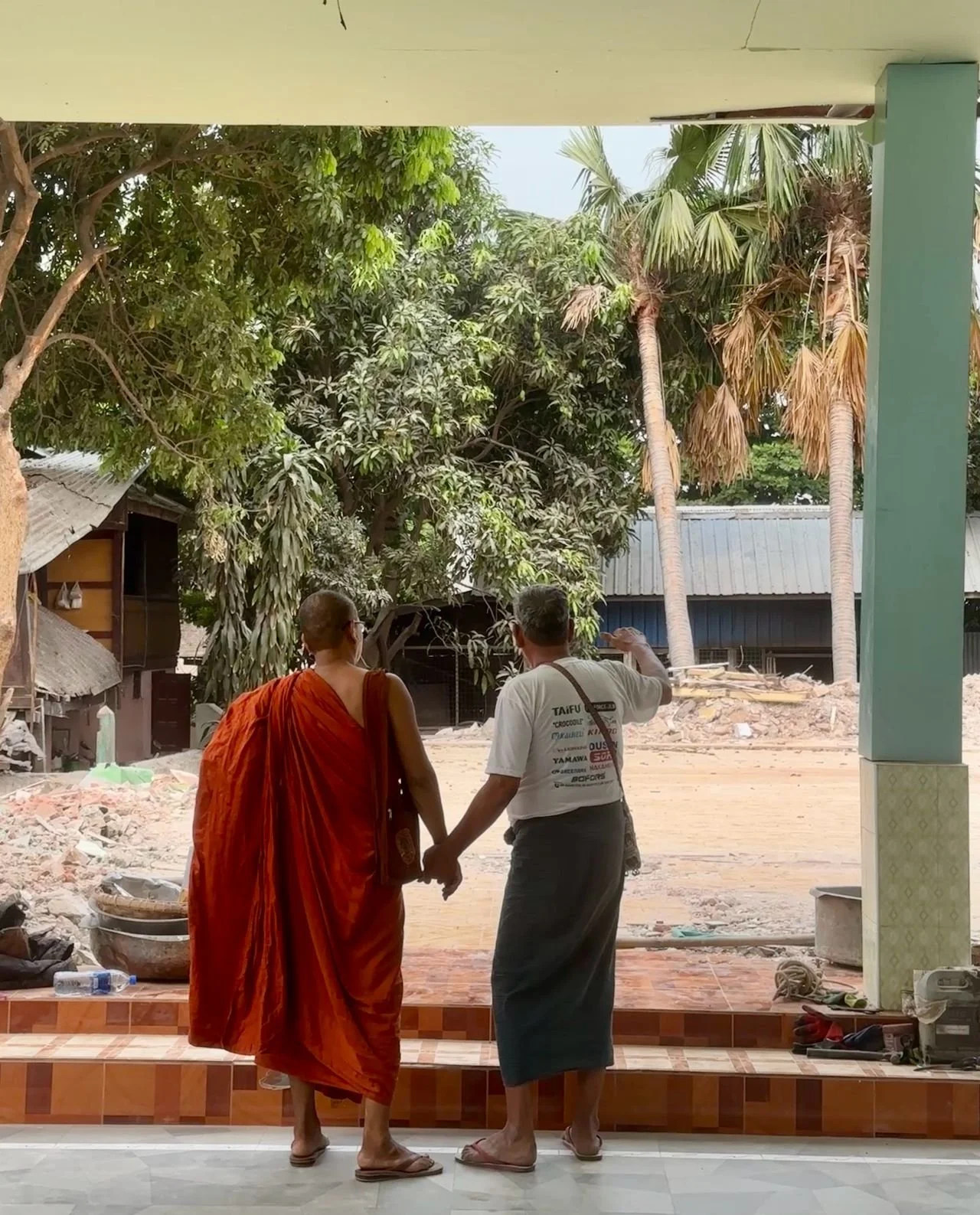
When the Earth Shook, Faith Held Us Together
-
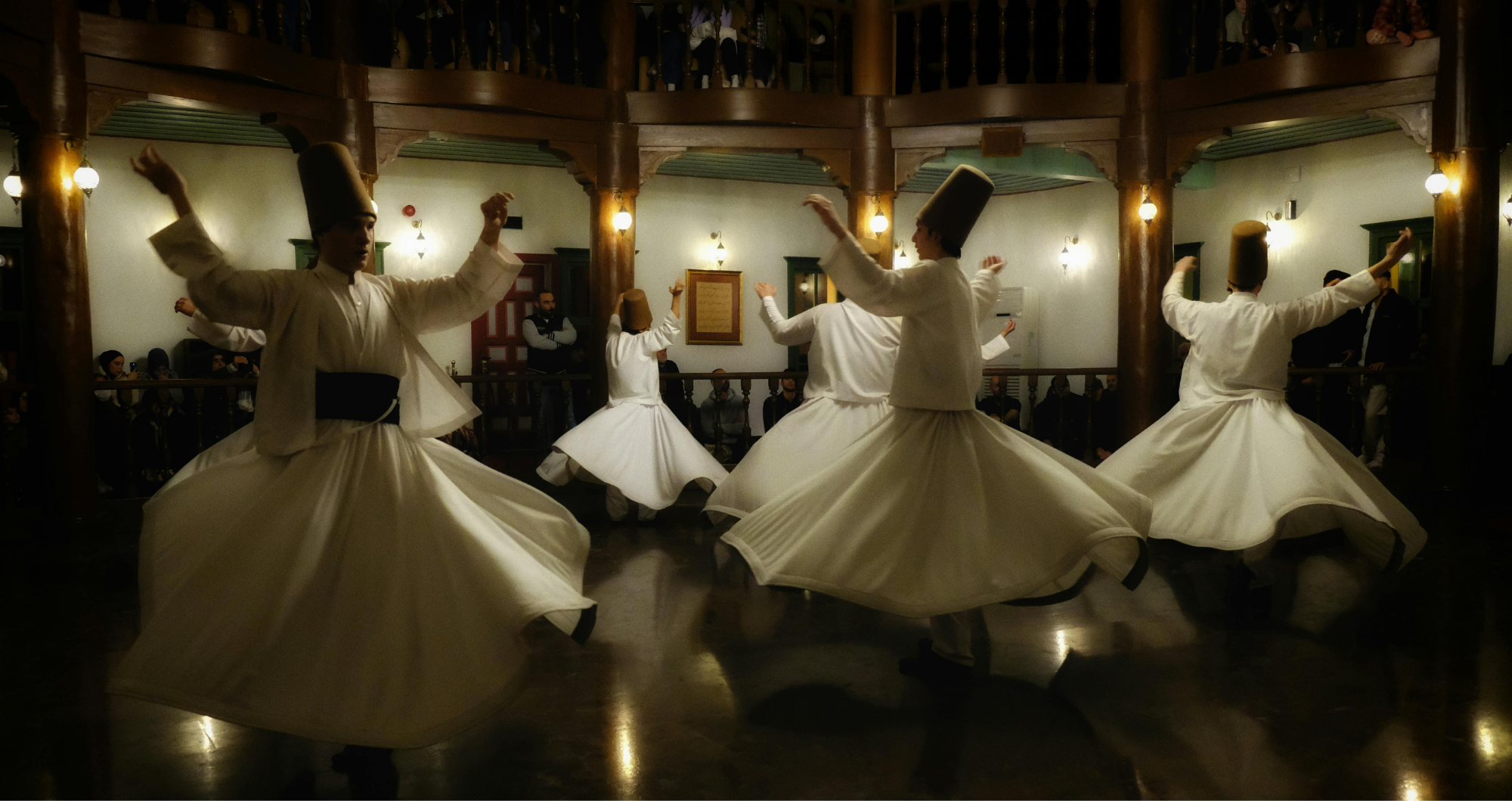
Reimagining Peace through Rumi’s Lenses: A Voyage into Poetic Wisdom, Politics, Diplomacy, and the Transcendental
-

An Alternative Peacebuilding Vision in a Post-Liberal Era
-

Sing My Soul
-

Reimagining a New Generation of Peace with Servant Leadership and Nonviolent Communication
-

Threading the Future: Mentoring the Next Generation of Peacebuilders
-

If We Can Teach AI to Practise Empathy: Nonflict and a Generation of Peacemakers
-

Peace Leader Spotlight | From Grandmother’s Legacy to Global Peacebuilding: Issah Toha Shamsoo
-

Young Leaders for Peace: Meeting the Moment through Youth Peace Leadership Development at the University for Peace
-
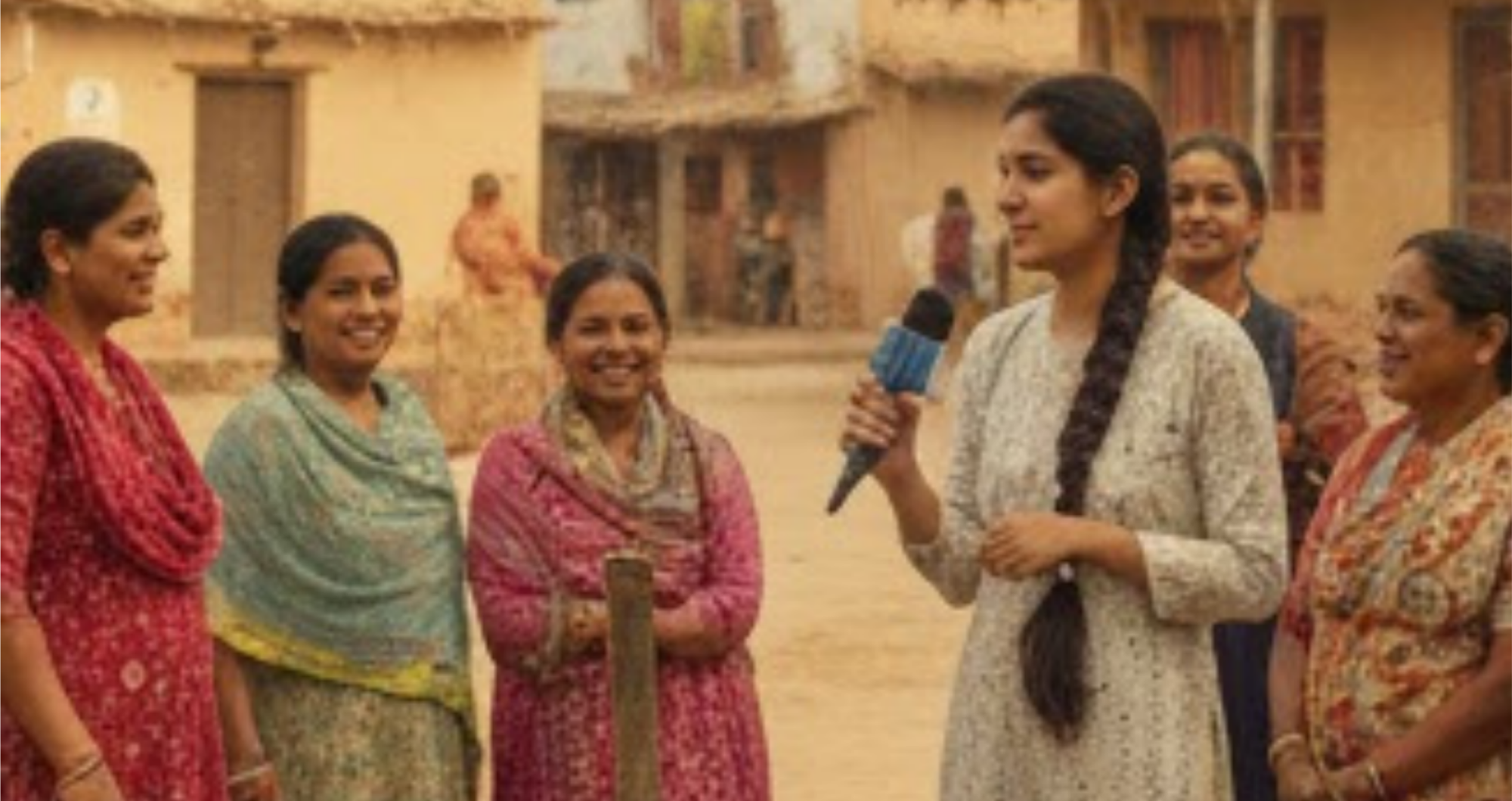
Reimagining Peace Through Young Voices in India: Spotlight on Women Journalists and Their Stories
-

Peace Dwelling and Belonging: Stan Amaladas on rethinking what it means to live well with each other
-

Pockets and Peace Design: A collaborative design framework to advance health equity and build peace
-

From Shrinking Spaces to Shared Strategies: Insights from Central Asia on how to build collective action for conflict prevention and peacebuilding
-

From War Memories to Peace Encounters: Constructive Usage of Veteran Experience
-

Call for Submissions | Issue 04
